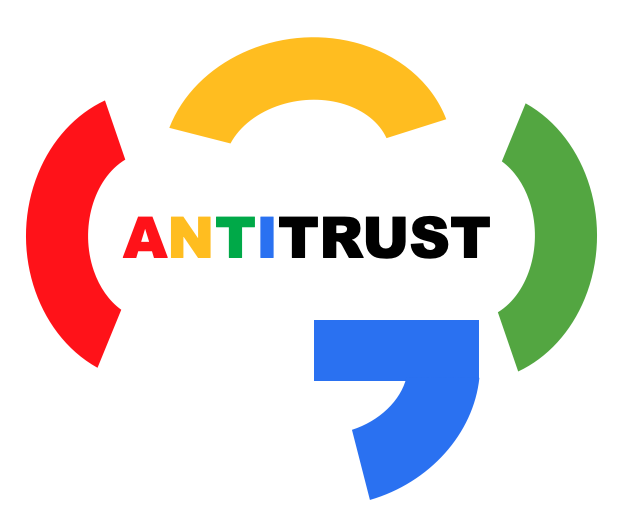 Competition law and class action specialists from MoginRubin LLP joined a law professor who served as a trial attorney in the Antitrust Division and an economist who specializes in antitrust, to share insights during a CLE-eligible webinar on issues important to digital advertisers, tech companies, publishers, app developers, attorneys, business writers, and more.
Competition law and class action specialists from MoginRubin LLP joined a law professor who served as a trial attorney in the Antitrust Division and an economist who specializes in antitrust, to share insights during a CLE-eligible webinar on issues important to digital advertisers, tech companies, publishers, app developers, attorneys, business writers, and more.
The webinar — titled “The Antitrust Case Against Google” — took place on Nov. 10 and is now available on-demand.
The panelists:
- MoginRubin LLP’s Dan Mogin, Jonathan Rubin, Jennifer M. Oliver and Timothy Z. LaComb, a team that brings a wealth of experience in large competition law matters, complex litigation, privacy matters, and class actions. Co-founders Mogin and Rubin combine their deep legal experience with substantial economics backgrounds. They are both active writers and educators on competition law. Oliver is a litigator with experience in competition and financial litigation, and is a certified privacy professional. LaComb brings antitrust and competition law experience, as well as experience in shareholder merger-related class action litigation to the discussion.
- John M. Newman, Associate Professor, Miami University School of Law. Professor Newman focuses on economics and regulation of digital markets and platforms. He is also a former trial attorney for the U.S. Department of Justice Antitrust Division.
- Alan Grant, Associate Director with NERA Economic Consulting. With a Ph.D. in Economics from MIT, Dr. Grant consults on commercial and antitrust litigation and damages, and consults on the competitive effects of mergers across a number of industries.
- Special thanks to A.B. Data for supporting the program. The company provides class action claims administration in antitrust and securities cases.
What they discuss:
- What it means to hold an illegal monopoly.
- What lessons United States v. Microsoft can teach us.
- The general search, search advertising, and general search text ad markets.
- The alleged exclusionary agreements and tying arrangements.
- The alleged improper Google default settings.
- Why app bundle requirements on devices is considered improper.
- Which companies and individuals Google is allegedly harming.
- The strengths of the government’s case.
- The strengths of Google anticipated defenses.
- The prospects for private antitrust actions.
